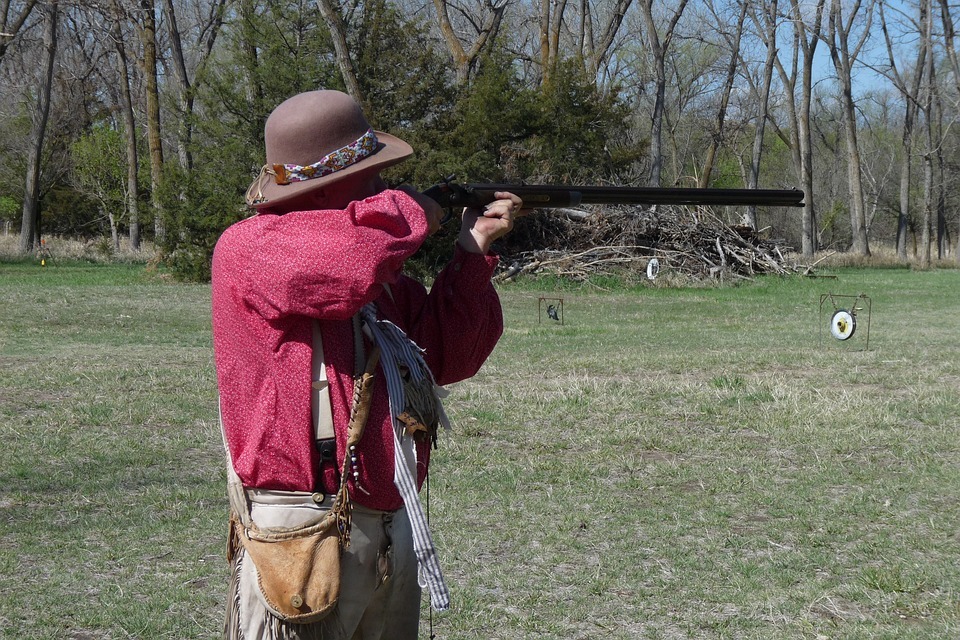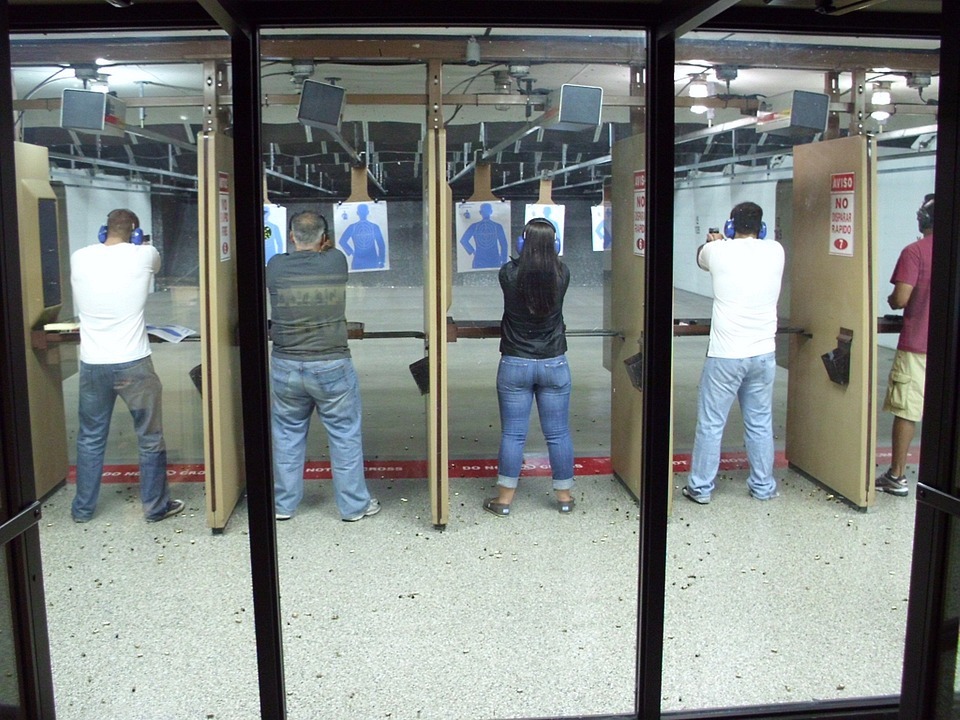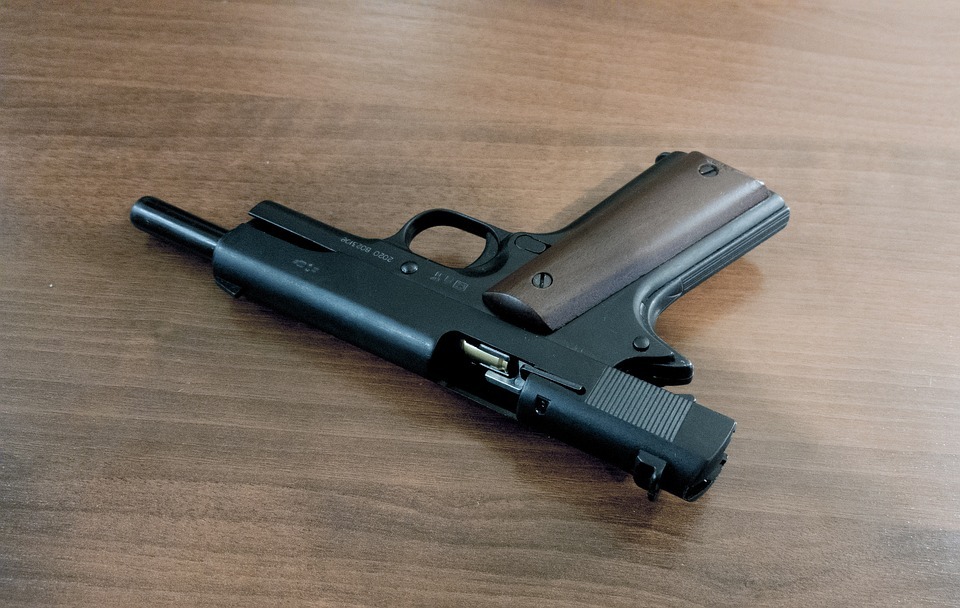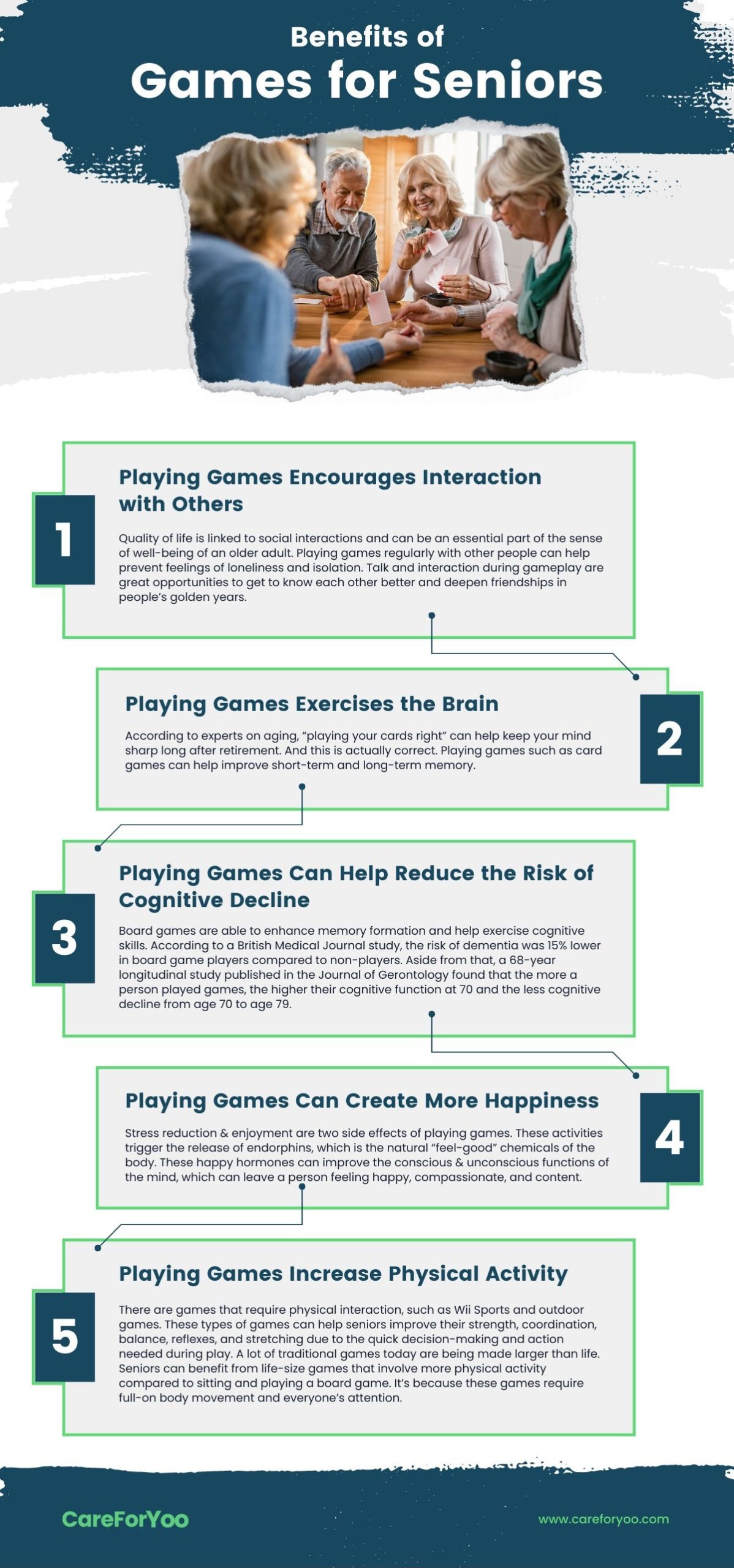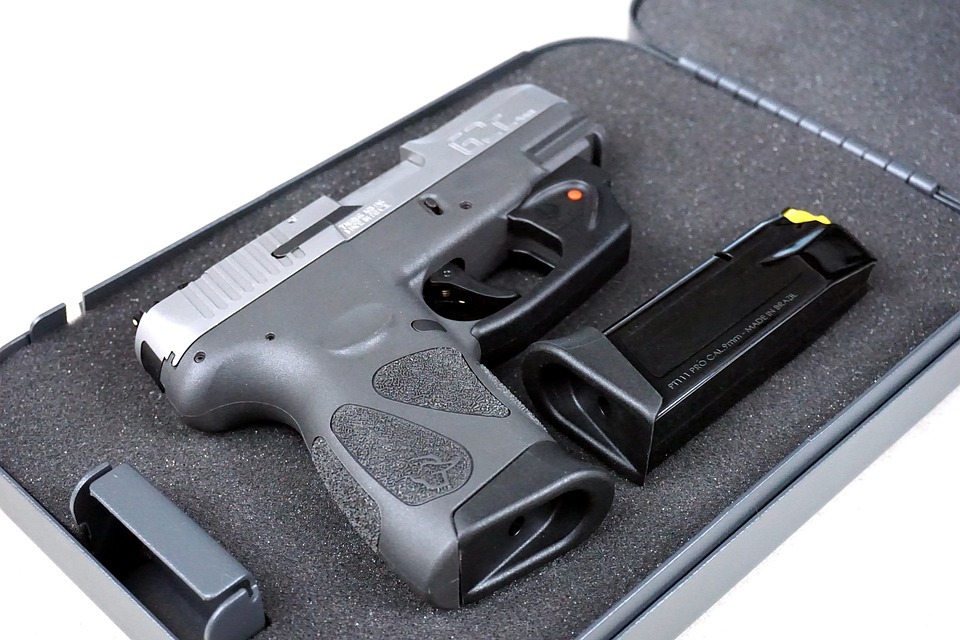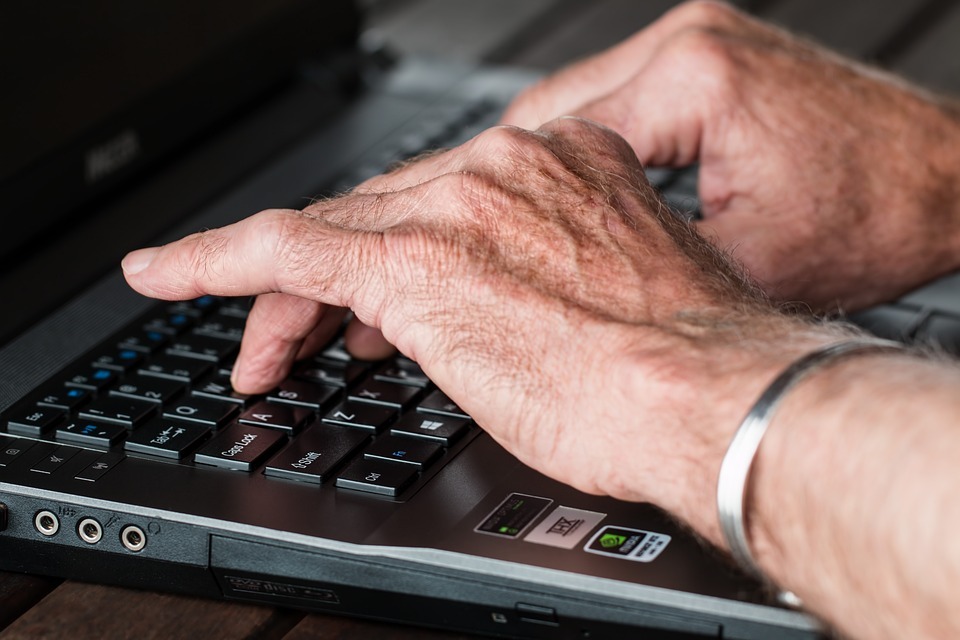Seniors have a long and storied history with guns. Whether your grandfather was an avid hunter, or your grandmother went to the shooting range every Saturday, there’s no doubt that guns are a part of the culture and history of many Americans.
But, as we age, we must be aware of the risks associated with gun ownership. From decreased physical strength to increased risk of accidents, seniors should take extra precautions when handling firearms.
In this post, we will discuss some important gun safety tips for seniors, review safety measures to take when owning a gun, and how to safely store and clean/maintain firearms properly.
Understanding the Safety Risks
As people age, safety becomes an even more important consideration. For seniors who own or may use firearms, this means taking extra precautions to ensure gun safety in order to avoid potentially dangerous situations. With age, their physical capabilities and mental acuity can slowly diminish. This can lead to a greater risk of misfires and accidental discharges when handling firearms, as well as an increased risk of injury due to lack of mobility and reaction time.
Moreover, certain vision and cognitive impairments can further complicate the process of correctly using a gun. It is also important to note that certain medical conditions may mean that a senior is no longer able to safely handle a gun. Old individuals are more likely to suffer from conditions such as arthritis or Parkinson’s disease, which can greatly affect their ability to comfortably or safely hold and fire a gun. Other health issues like dementia can also make it difficult to ascertain whether a person is capable of safely handling firearms.
Potential Safety Hazards Associated With Guns
For seniors, potential safety hazards associated with guns are similar to those for any gun owner, but they may be more vulnerable to certain risks due to age-related factors such as decreased mobility, vision, and hearing, as well as cognitive decline. Some potential safety hazards for seniors include:
Accidental Shootings
Seniors may have decreased hand-eye coordination and muscle strength, making them more prone to accidental shootings if they mishandle or drop a gun.
Unintentional Discharge
Elderly individuals with decreased mobility or tremors may accidentally discharge a gun, even if they do not intend to.
Negligent Handling
Seniors with cognitive decline may forget or be unable to follow proper safety procedures when handling a gun, increasing the risk of accidents.
Lack of Proper Training
If a senior is new to gun ownership or has not received proper training, they may not know how to handle a gun safely. This also increases the risk of accidents.
Increased Risk of Suicide
Seniors have a higher risk of suicide than other age groups, and gun ownership increases the risk of suicide. If they are suffering from depression or other mental health issues, it makes them particularly vulnerable to this risk. It is important to keep engaged in activities, such as fun games for seniors, so they remain happy without any depressing or suicidal thoughts.
It is vital for seniors to be aware of these risks when handling firearms in order to prevent them from occurring.
Gun Safety Tips for Seniors
When it comes to gun ownership, everyone has to be careful about its handling and storing, as well as managing potential safety hazards. Here are some tips that seniors can use:
Store Guns Safely
First and foremost, it is critical to store guns safely and securely to protect yourself and avoid potential accidents. A gun safe or locking gun cabinet is the best way to ensure that only authorised individuals have access to the firearms. Plus, storing the ammunition separately from the firearms can help prevent an accidental discharge. It is also recommended that firearms be unloaded when not in use.
Handling Guns Safely
When handling firearms, there are certain safety regulations that you should follow:
- Keep the finger off the trigger until ready to shoot
- Point the gun in a safe direction
- Wear eye and ear protection
- Treat every gun as if it were loaded
- Never point it at anything you don’t intend to shoot
- Always check what lays beyond the target for instances when you miss or the bullet goes through
Identifying and Managing Potential Gun Safety Hazards
It is important for seniors to identify any potential safety hazards related to firearms. Taking a proactive approach to gun ownership helps prioritize safety and responsibility. Here are some helpful steps:
Conduct a Home Safety Assessment
Seniors should assess their home environment to identify potential safety hazards related to gun ownership, such as where to store firearms safely and securely. Have you ever wondered about senior housing in the US? Learn more today.
Training and Education
Seeking out training and education on safe gun handling and storage proves helpful in responsible handling and ownership of a firearm. This includes information on how to use and maintain firearms properly. Being aware of possible malfunctions such as misfires or accidental discharges can help prepare seniors for these scenarios and avoid potential injuries.
Proper Storage
Old adults who own guns should store them in a locked cabinet, safe, or other secure storage location. It is also important to keep ammunition locked and separate from firearms.
Engage Family Members or Caregivers
Seniors should discuss their gun ownership and safety plans with family members or caregivers to ensure that everyone is on the same page and understands the risks and responsibilities associated with gun ownership. Supervising children around guns is essential since children may not understand the dangers associated with guns.
Training and Education on Gun Safety
Seeking out training on gun safety is one of the best ways to stay safe when handling weapons. There are a number of organizations and programs available that offer classes specifically tailored towards senior citizens on firearms safety. It is highly recommended that seniors take advantage of these resources in order to stay safe.
Gun Safety Resources For Seniors
There are a number of resources available for seniors interested in learning more about gun safety. These include educational classes provided by National Rifle Association (NRA) certified instructors, online resources from organizations such as NSSF (National Shooting Sports Foundation), and webinars from certified experts in firearms safety. There are local community organizations and programs too that aim to support seniors on gun safety issues such as proper storage practices and self-defense strategies.
Institutions such as police departments or gun ranges often offer free services such as free classes or courses specifically designed for senior citizens on firearm safety and proper handling techniques. These organizations also provide instructional resources on topics related to safe practices for owning guns, such as ammunition selection and proper storage methods for both the firearm and its ammunition. Many organizations offer discounts on their services or products for seniors who have successfully completed firearm safety classes and passed proficiency tests.
Online Educational Resources and Training Programs
Many educational websites provide informational videos and articles discussing important topics related to firearms safety. These are created by experienced professionals who tailor these specifically towards senior citizen. Many certified instructors conduct online workshops which can be very useful resources for senior citizens who own firearms. They cover a variety of topics focused on safe storage techniques, using firearms properly, recognizing potential safety hazards, etc.
Conclusion
Gun safety is paramount for all individuals, but especially for those who are in their senior years. Their age-related physical limitations or health issues puts them at a higher risk of firearm accidents. By taking appropriate steps for storing firearms safely and following sound practices when handling firearms, elderly individuals can continue enjoying these activities with minimal risk.
There are many online and in-person training programs and workshops for seniors that teach gun safety. They can use these resources to seek out proper gun safety training and education to prevent injury from accidental discharges or misuse of their firearms.
If you are looking for more activities for seniors, you may check out our Guide to Selecting Fun Games for Seniors for more tips and recommendations.

